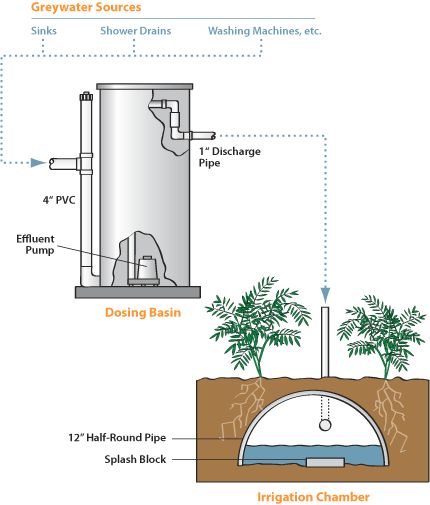How to Recycle Greywater for Garden Irrigation

Recycling greywater is an eco-friendly and cost-effective way to conserve water and nourish your garden. Greywater refers to gently used water from sinks, showers, and washing machines, excluding water from toilets (blackwater). This article will guide you through the benefits, methods, safety considerations, and practical steps to recycle greywater effectively for garden irrigation.
What is Greywater?
Greywater is wastewater generated from household activities such as bathing, laundry, and dishwashing. Unlike blackwater, it contains fewer pathogens and can be safely reused with proper treatment.
Benefits of Recycling Greywater
| Benefit | Description |
|---|---|
| Water Conservation | Reduces freshwater consumption by reusing water. |
| Cost Savings | Lowers water bills by decreasing municipal water use. |
| Environmental Impact | Minimizes strain on sewage systems and reduces pollution. |
| Plant Health | Provides nutrient-rich water that can enhance soil quality. |
How to Collect Greywater
- Identify Sources: Showers, bathroom sinks, laundry machines (excluding water with harsh chemicals).
- Install Diverter Valves: These redirect greywater from drains to storage or irrigation systems.
- Use Storage Tanks: Collect greywater in tanks designed to prevent contamination and odors.
Treatment Methods
Before using greywater for irrigation, it should be treated to remove contaminants:
- Filtration: Removes hair, lint, and debris.
- Settling Tanks: Allow solids to settle at the bottom.
- Biological Treatment: Uses natural processes to break down organic matter.
Safe Usage Guidelines
- Avoid using greywater on edible parts of food crops.
- Use greywater within 24 hours to prevent bacterial growth.
- Avoid greywater containing hazardous chemicals or bleach.
- Regularly maintain and clean your greywater system.
Step-by-Step Guide to Setting Up a Greywater Irrigation System
- Assess Your Water Needs: Determine how much greywater your garden requires.
- Choose a System Type: Simple gravity-fed systems or pump-assisted setups.
- Install Plumbing: Connect greywater sources to your irrigation system.
- Set Up Filtration and Storage: Ensure water is clean and stored safely.
- Distribute Water: Use drip irrigation or soaker hoses to deliver water efficiently.
Frequently Asked Questions (FAQ)
Q1: Can I use greywater from my kitchen sink?
A: It’s generally not recommended due to food particles and grease that can clog systems.
Q2: Is greywater safe for all plants?
A: Most ornamental plants tolerate greywater well, but avoid using it on sensitive plants.
Q3: Do I need a permit to install a greywater system?
A: Regulations vary by location; check with local authorities before installation.
Q4: How often should I clean my greywater system?
A: Regular maintenance every few months helps prevent blockages and odors.
Conclusion
Recycling greywater for garden irrigation is a sustainable practice that conserves water, reduces costs, and benefits your plants. By following proper collection, treatment, and usage guidelines, you can create an efficient greywater system tailored to your garden’s needs.
Start your greywater recycling journey today and contribute to a greener, more sustainable future!
